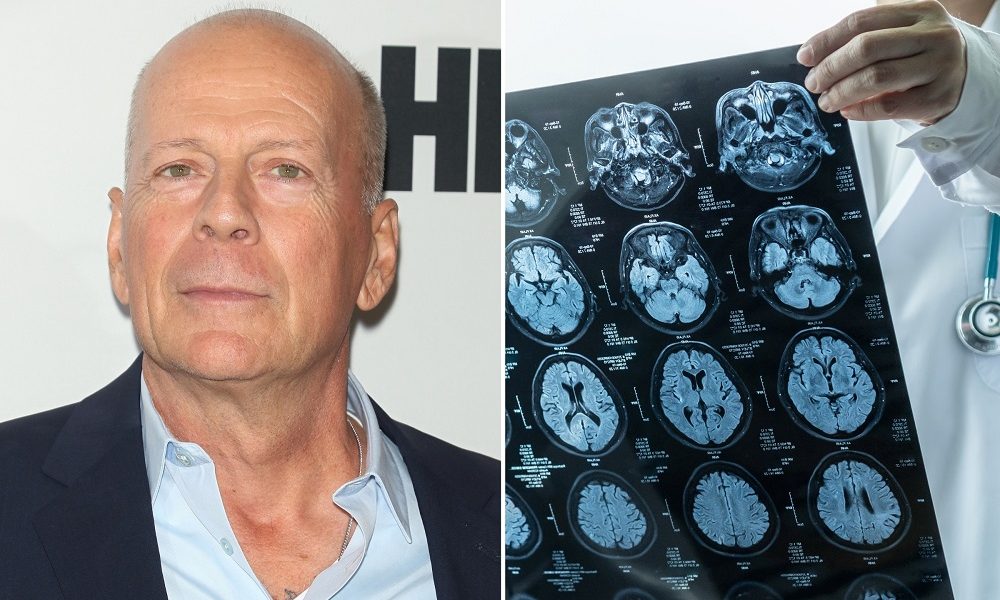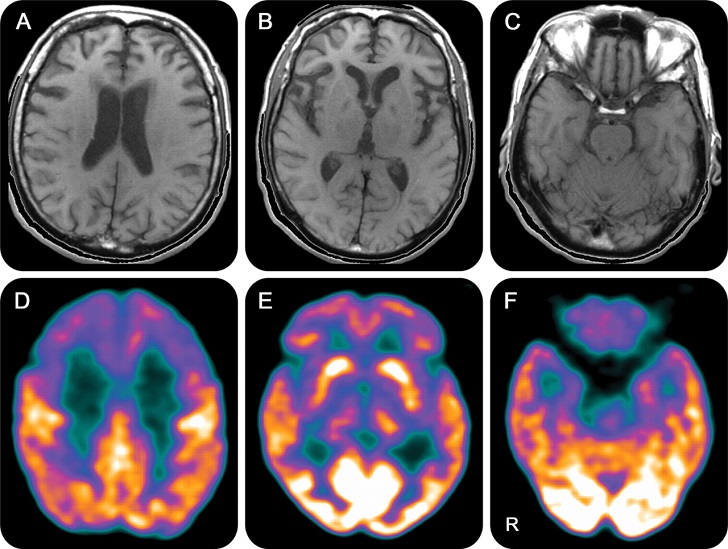
Bruce Willis Diagnosed With Frontotemporal Dementia

Bruce Willis, the renowned Hollywood actor, recently announced his diagnosis of frontotemporal dementia (FTD). FTD is a rare form of younger-onset dementia that primarily affects the frontal and temporal lobes of the brain.
Today, we wil will delve into FTD, its symptoms, ongoing research, and treatment options. We will also explore the impact of Willis’s diagnosis and the efforts being made to support individuals affected by FTD.

Charles Sykes/ Invision/ AP, File | FTD tends to affect people at a younger age, with the onset of most cases occurring from ages 45 to 64
Understanding Frontotemporal Dementia
FTD is estimated to affect between 10,000 and 15,000 individuals in Australia, with most diagnoses occurring before age 65. While the exact cause of FTD is not fully understood, researchers believe it is linked to the accumulation of abnormal proteins in the brain. One of the common symptoms of FTD is aphasia, a communication disorder that impairs an individual’s ability to express and understand language.
Aphasia in Frontotemporal Dementia
According to Dr. David Foxe, a clinical neuropsychologist and FTD researcher, aphasia manifests differently depending on the specific brain area affected by FTD. Damage to the left frontal lobe may cause a non-fluent presentation of aphasia, characterized by difficulties in language production, including grammar, syntax, and pronunciation.
On the other hand, damage to the left temporal lobe may result in a semantic presentation, affecting the comprehension and use of words and concepts.

D.L. Perez/ AP | There are different types of frontotemporal dementia
The Confusion Surrounding Terminology
To further complicate matters, aphasia can also occur in other types of dementia, such as Alzheimer’s. This overlap of language impairments in various dementia conditions is called primary progressive aphasia (PPA).
This overlap can lead to confusion, as medical professionals sometimes use terms like FTD and PPA interchangeably. Both terms, such as “the semantic variant of FTD” and “the semantic variant of PPA,” are correct, adding to the complexity of diagnoses and terminology.
Research and Treatment
Ongoing research efforts are dedicated to unraveling the underlying mechanisms of FTD and developing new treatments and interventions. Unfortunately, there is currently no cure for FTD.
However, clinical drug trials are underway, with additional trials set to begin in Australia within the next two years. The primary focus of current treatment options is symptom management and enhancing the quality of life for individuals living with FTD.

SKY/ AP | FTD causes changes to personality, behavior, language, and movement
Support and Collaboration
In light of the recent news surrounding Mr. Willis’s diagnosis, efforts are being made to support individuals affected by FTD. FRONTIER and the University’s Communication Disorders Treatment and Research Clinic have partnered. This collaboration aims to offer speech pathology clinical services led by students specifically designed to address language difficulties in dementia patients.
Conclusion
Bruce Willis’s public revelation of his frontotemporal dementia diagnosis has shed light on this lesser-known form of dementia. FTD poses significant challenges due to its impact on language and communication abilities. Ongoing research and clinical trials offer hope for improved understanding and potential treatments in the future.
Collaborative efforts and support services, like the one established between FRONTIER and the University’s Communication Disorders Treatment and Research Clinic, demonstrate a commitment to assisting individuals affected by FTD. With continued advancements, we strive to enhance the lives of those living with FTD and work towards a brighter future.
More in Celeb Therapy
-
`
5 Reasons Why Dad’s Side of the Family Misses Out
Family bonds are intricate and multifaceted, often creating a unique tapestry of connections. However, many people notice a peculiar trend: stronger...
July 12, 2024 -
`
A Quick Guide on How to Get Short-Term Disability Approved for Anxiety and Depression
Living with anxiety or depression poses unique challenges, particularly in the workplace, where stress can exacerbate symptoms. For many, short-term disability...
July 5, 2024 -
`
Why Do People Feel Sleepy After Eating?
Is feeling sleepy after eating a sign of diabetes? Well, not directly. There are many reasons why you feel drowsy after...
June 20, 2024 -
`
What Is High-Functioning Depression? Symptoms and Treatment
High-functioning depression may not be a term you hear every day, but it’s a very real and challenging experience for many....
June 13, 2024 -
`
Kelly Clarkson’s Weight Loss Ozempic Journey – Debunking the Rumors
In a refreshing moment of transparency, Kelly Clarkson, the beloved singer and talk show host, sheds light on her remarkable weight...
June 3, 2024 -
`
What Is the Best Milk for Gut Health and Why?
In recent years, the milk section at the grocery store has expanded far beyond the traditional options. While cow’s milk has...
May 30, 2024 -
`
Do Dental Implants Hurt? Here’s All You Need to Know
When you hear “dental implants,” you might wince at the thought of pain. But do dental implants hurt as much as...
May 24, 2024 -
`
5 Key Differences Between A Psych Ward & A Mental Hospital
Curious about the differences between a psych ward and a mental hospital? You are not alone. With the mental health conversation...
May 16, 2024 -
`
It’s Official! “Selling Sunset’s” Christine Quinn & Husband Christian Dumontet Are Parting Ways
Have you ever found yourself unexpectedly engrossed in the personal lives of celebrities, especially when their stories take dramatic turns? Well,...
May 9, 2024










You must be logged in to post a comment Login